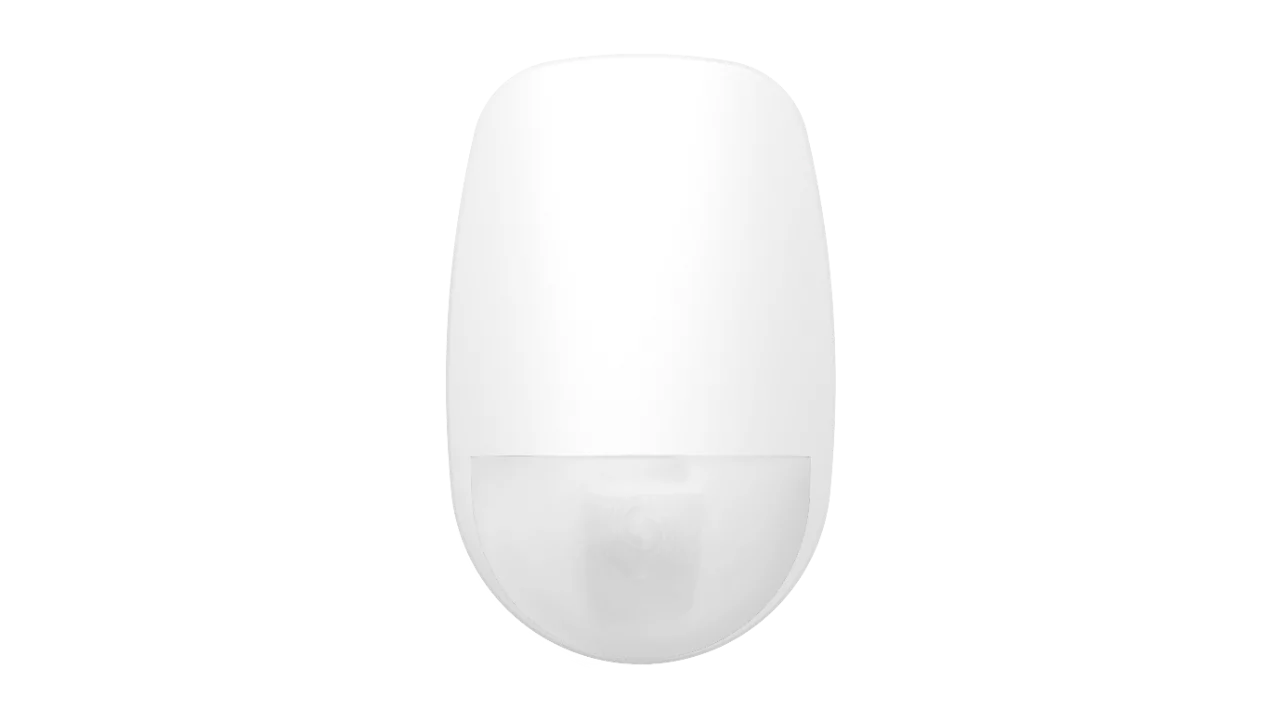Understanding NVRs: How They Work and What They Offer
NVR, an acronym for Network Video Recorder, represents a cutting-edge digital device specifically designed to record and manage video footage captured by IP cameras (Internet Protocol Cameras). Unlike traditional DVRs (Digital Video Recorders), which are primarily designed for use with analog cameras, NVRs exclusively work with IP cameras.
IP cameras use advanced technology to capture and transmit high-quality video data over Ethernet or wireless networks. The NVR seamlessly receives and processes this digital video data.
The NVR serves as the central hub for managing recorded video footage, allowing users to access and manage video data remotely over the Internet or through a local network connection.
NVRs operate seamlessly within a network environment, effectively managing the flow of video data from IP cameras.
- IP cameras capture video footage and transmit this digital information directly over the network, typically a Local Area Network (LAN) or the Internet.
- The NVR acts as a central hub, capturing this incoming video stream directly from the network.
- This captured footage is then stored securely on a dedicated hard drive within the NVR or cloud storage platforms.
- The NVR provides convenient access to recorded footage, allowing users to monitor and playback video remotely through a network connection or locally through direct access to the NVR itself.
Modern NVR systems are equipped with a range of advanced features that enhance their functionality and usability. These features often include motion detection capabilities, event triggers that initiate recording or alerts based on specific events, remote access via mobile devices, and seamless integration with other security systems, such as alarm systems.
NVRs (Network Video Recorders) and DVRs (Digital Video Recorders) represent distinct approaches to video surveillance recording, each with its own set of strengths and limitations.
-
NVRs are the modern standard, designed to integrate seamlessly with IP cameras. They leverage network technology, such as Ethernet or Wi-Fi, to receive and process high-resolution digital video streams directly from the cameras. This network-based approach enables superior video quality, enhanced flexibility, and advanced features such as remote access and integration with other smart home systems.
-
DVRs, on the other hand, primarily work with analog cameras. These systems utilise coaxial cables to transmit video signals from the cameras to the recording device. While more traditional, DVR systems generally offer more basic functionality and typically deliver lower video quality compared to NVR systems.
NVR systems are highly versatile and suitable for both small-scale and large-scale security applications. Their ability to connect with IP cameras over a network makes them ideal for modern surveillance setups where higher resolution and advanced management features are required.

